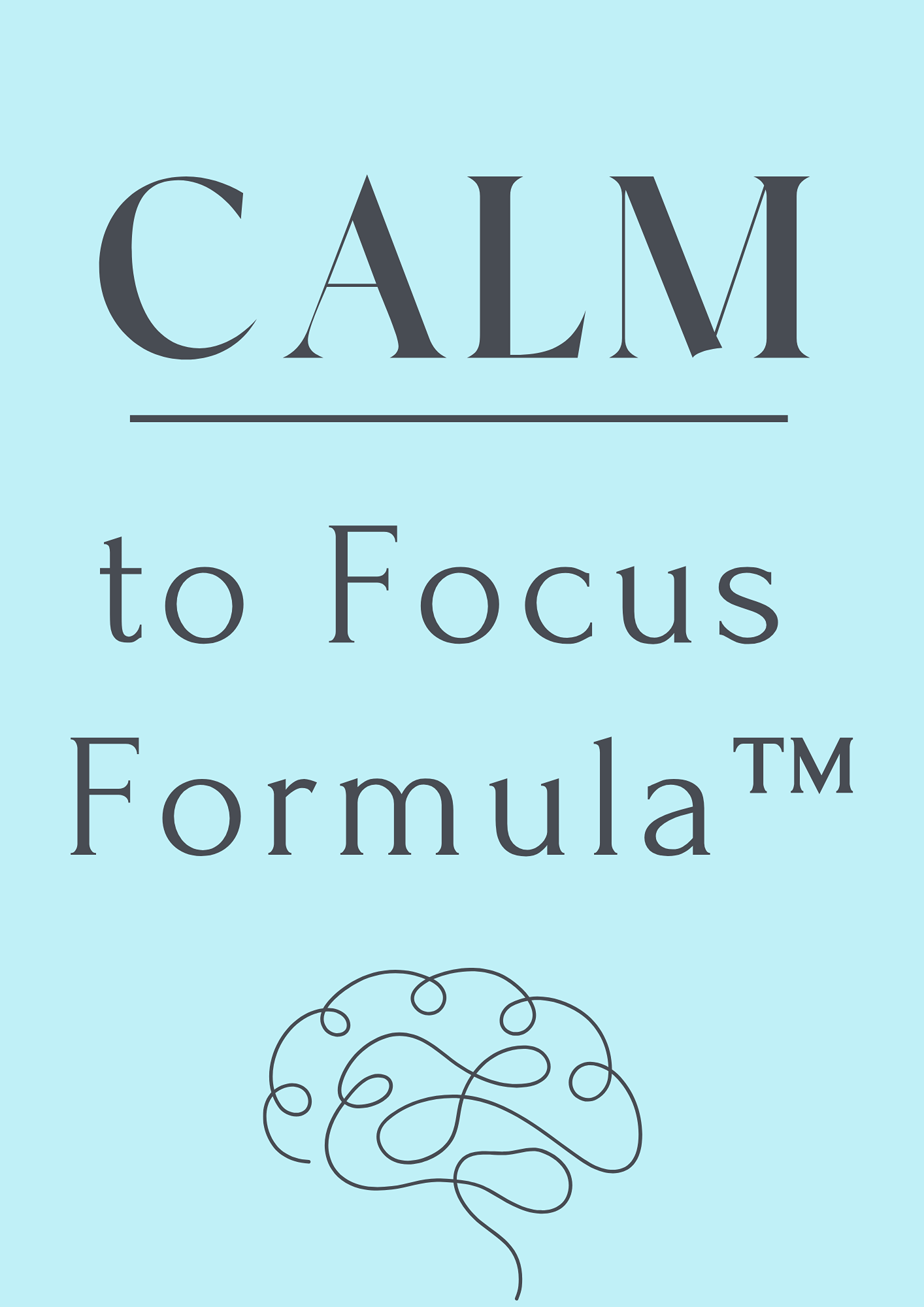The Hidden Power of the ADHD Mind: How Late-Diagnosed Women Are Rebuilding Calm, Confidence, and Self-Worth

For many women, an ADHD diagnosis arrives like an earthquake- shaking apart years of self-doubt, perfectionism, and exhaustion.
It’s not that they suddenly become different people. It’s that, for the first time, their entire story starts to make sense.
For Sara Kelly, a certified ADHD coach and founder of ADHD Mindset Mastery, that moment changed everything.
“I had spent years studying mindfulness, completing coaching programs, and pushing myself to ‘get it together,’” she recalls.
“When I finally understood that my brain simply worked differently, it was as if someone handed me the manual I’d been missing all along.”


Why So Many Women Are Missed
ADHD in women has long been misunderstood.
Research published in the Journal of Clinical Psychology found that women are three times more likely than men to go undiagnosed, often because their symptoms are quieter, inward, and emotional rather than outwardly hyperactive.While boys might act out, girls learn early to mask-they over-prepare, people-please, and internalise every shortcoming as a personal failure.
By adulthood, this constant self-correction leads to anxiety, depression, and chronic burnout.A 2022 Lancet Psychiatry review confirmed that late-diagnosed women frequently present with emotional dysregulation, low self-esteem, and exhaustion from masking -yet many are still told to “try harder” or “get organised.”
Traditional coaching and productivity methods rarely account for the neurobiology beneath those struggles.The Neuroscience of a Different Brain
Contrary to common belief, ADHD isn’t about a lack of attention - it’s about differences in regulation.
Functional MRI studies show that the ADHD brain has lower dopamine and norepinephrine activity in the prefrontal cortex - the region responsible for executive functions such as planning, impulse control, and motivation.This creates what scientists call an interest-based nervous system.
The ADHD brain doesn’t thrive on obligation or pressure; it thrives on curiosity, novelty, and emotional connection.That’s why advice like “just focus” or “try a planner” often fails. Without emotional engagement, the brain’s reward circuitry doesn’t light up.
Instead, the nervous system slips into stress mode - cortisol rises, working memory declines, and even simple tasks can

Emotion Regulation: The True Core of ADHD
A growing body of research points to emotional dysregulation as one of ADHD’s most impairing yet overlooked features.
A 2020 study in Frontiers in Human Neuroscience found that individuals with ADHD show heightened amygdala reactivity to stress, explaining why small setbacks can feel like catastrophes.Sara teaches practical regulation techniques rooted in neuroscience - diaphragmatic breathing, sensory anchoring, and self-compassion drills -to help clients lower physiological arousal before it hijacks their focus.
When the body settles, the brain follows.
Cortisol drops, the prefrontal cortex re-engages, and executive function returns.
The result isn’t just better productivity - it’s emotional stability, clearer thinking, and genuine calm.Beyond Productivity: Reclaiming Self-Worth
Many of Sara’s clients arrive believing that their value lies in doing -in being endlessly capable, responsive, and efficient.
But sustainable confidence comes from being, not performing.“ADHD women are often incredibly intuitive, creative, and empathic,” Sara says.
“The goal isn’t to suppress those traits - it’s to build systems that support them.”Her coaching process guides women to separate identity from output, replacing shame with self-understanding.
That shift, supported by consistent nervous-system regulation, often sparks remarkable secondary gains - better relationships, improved sleep, and reduced anxiety.
From Diagnosis to Transformation
A late ADHD diagnosis can feel like grief and relief intertwined: grief for the years spent misunderstanding yourself, and relief for finally seeing the pattern.
Sara calls it “the turning point between survival and self-leadership.”Her upcoming book will expand on this journey, weaving science, coaching insights, and stories from real women who have transformed chaos into clarity.
For those ready to begin, Sara offers several ways to connect:
Website: adhdmindsetmastery.com
Book a Call: Schedule here
Self-Paced Course: Explore programs
Upcoming Book: Learn more
YouTube: ADHD Mindset Coach Channel
Instagram: @sarakellyadhdcoach
LinkedIn: Sara Kelly, ADHD Coach
Facebook: ADHD Mindset Coach
Final Reflection
When women finally understand their ADHD, they stop asking “What’s wrong with me?” and start asking “What does my brain need to thrive?”
Sara Kelly’s work is part science, part soul -a roadmap for turning self-criticism into self-compassion and restlessness into focus.
Because thriving with ADHD isn’t about rewiring who you are.
It’s about finally working in harmony with the extraordinary brain you’ve always had.